Difference Between Could and Would
English can be tricky at times, especially when it comes to words that seem similar but have different uses. Could and would are two such words that often confuse English learners. While they both deal…
Become an English grammar expert effortlessly!
Discover easy explanations and useful examples to grasp the language rules more effectively.
Whether it’s the basics or more advanced concepts, enhance your grammar abilities and feel more confident in English!
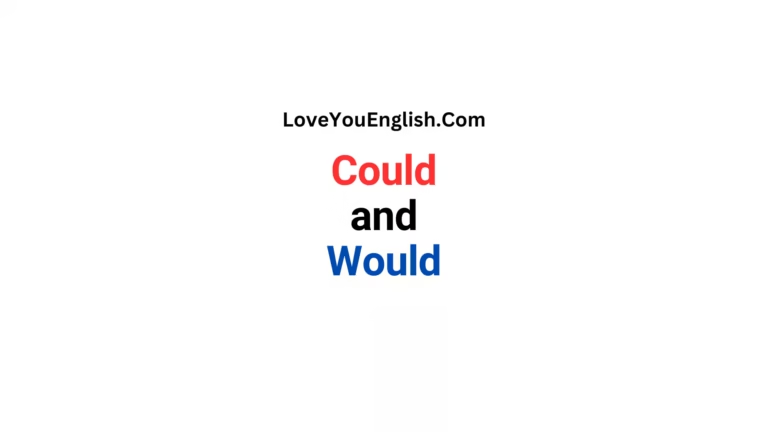
English can be tricky at times, especially when it comes to words that seem similar but have different uses. Could and would are two such words that often confuse English learners. While they both deal…

The verb “get” is one of the most commonly used words in the English language. It can have many meanings, depending on the context in which it is used. Understanding how to use “get” correctly…
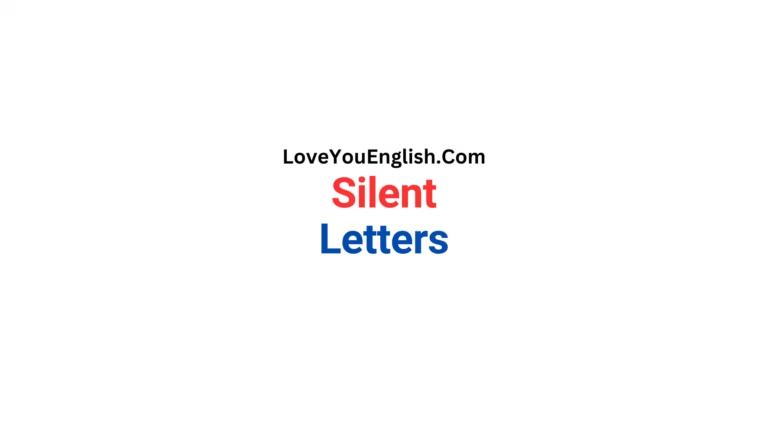
Silent letters are a unique feature of the English language that can puzzle both new learners and even those who speak it fluently. These letters are included in words but aren’t actually spoken, which makes…
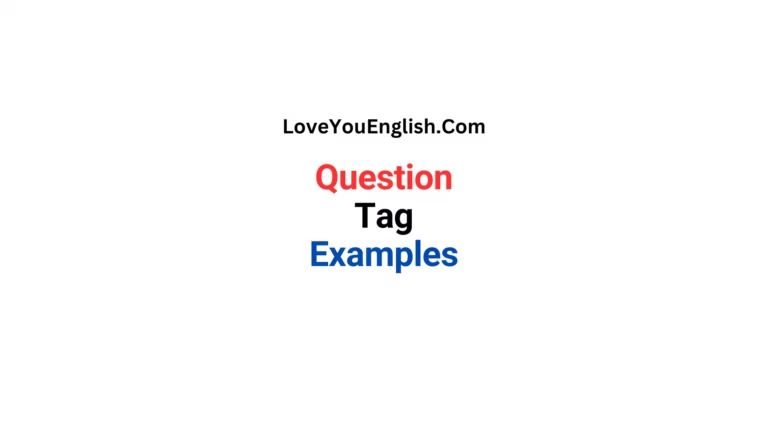
1. Question Tags with ‘Be’ Verbs She is your teacher, isn’t she? They are happy, aren’t they? He is late, isn’t he? It is a sunny day, isn’t it? I am your friend, aren’t I?…
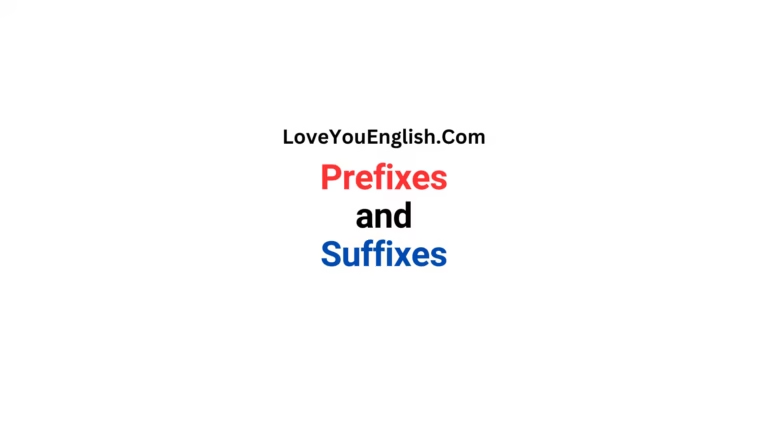
Improving your vocabulary is an awesome way to get better at communicating and to make your language more interesting. A cool method to do this is by learning about prefixes and suffixes. These are like…
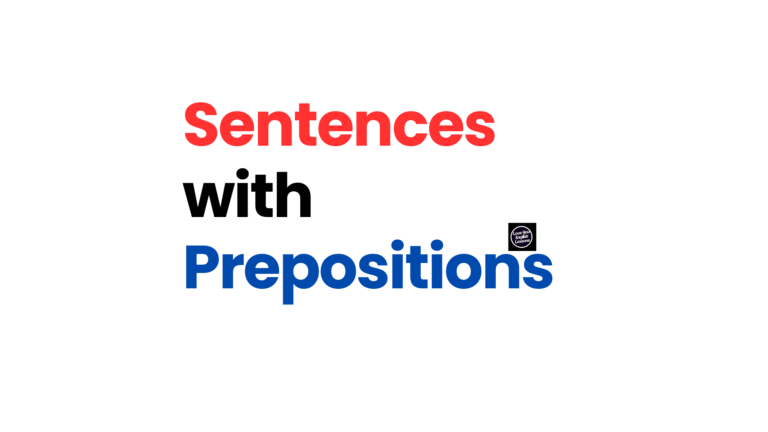
Prepositions are small words that show the relationship between two parts of a sentence. They are essential in English grammar and help us understand the position, time, direction, and manner of things. Here, I’ll share…
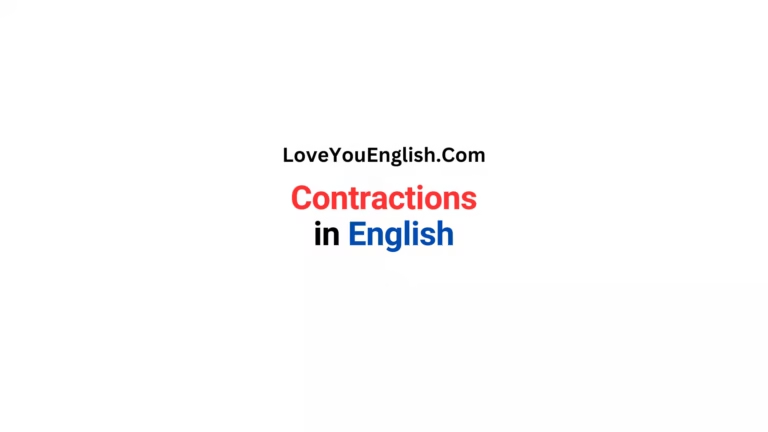
Contractions are a big part of the English language. They make sentences shorter and easier to say. If you’ve ever said “I’m” instead of “I am” or “don’t” instead of “do not,” you’ve used a…
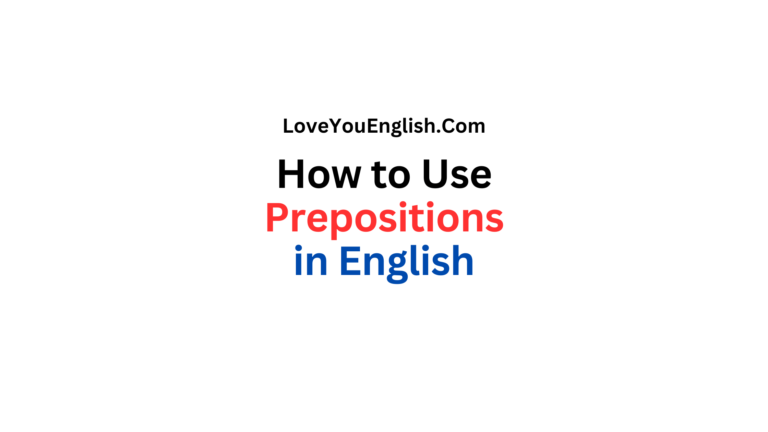
Definition: Prepositions are tiny but powerful words that are really important for building sentences. They link nouns, pronouns, and phrases to other parts of a sentence, giving us context, direction, or showing how things relate to…

These three expressions are all used in English to talk about possible, expected, or hypothetical situations. Let’s understand them. 1. Could Get “Could get” is used to talk about something that is possible or may…

English grammar might seem like a big challenge at first. With so many rules and exceptions, it’s easy to feel overwhelmed. But here’s the good news: mastering English grammar is not as hard as it…
Learning English tenses can feel challenging, but once you understand them step by step, it becomes easier. I will explain all the English tenses in simple language so that you can learn them quickly and…
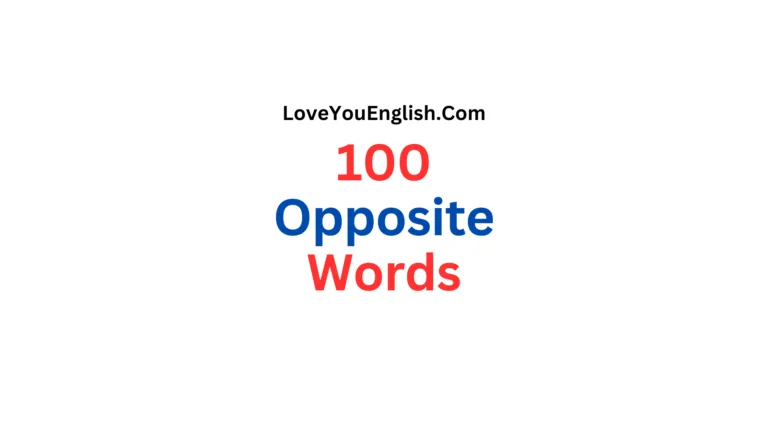
There’s a list of 100 words along with their opposites: Word Opposite Absent Present Accept Reject Active Inactive Add Subtract Admit Deny Advance Retreat Agree Disagree Allow Forbid Always Never Ancient Modern Answer Question Appear…
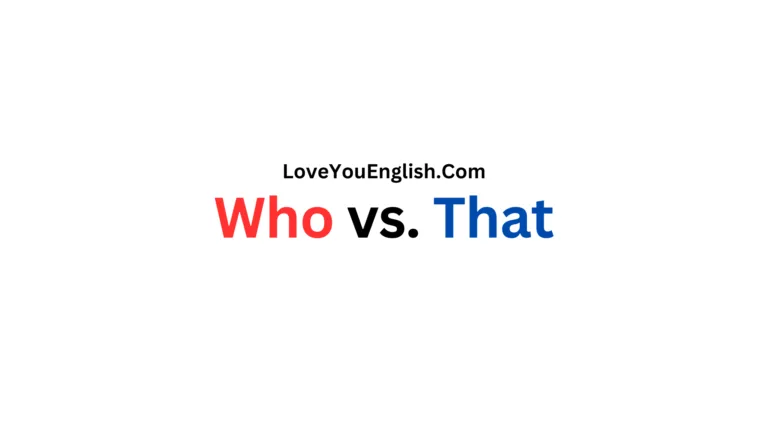
Deciding whether to use “who” or “that” can be confusing for a lot of writers. Even though these words have similar roles in sentences, they can’t always be used in the same way. Picking the…
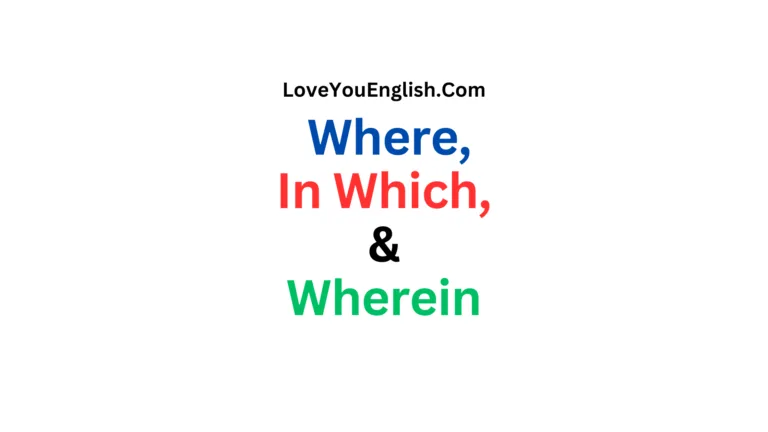
Have you ever found yourself scratching your head, wondering how to connect two ideas in a sentence without sounding awkward? Relative pronouns are your secret weapon for smooth, clear communication. What Are Relative Pronouns? Let’s…
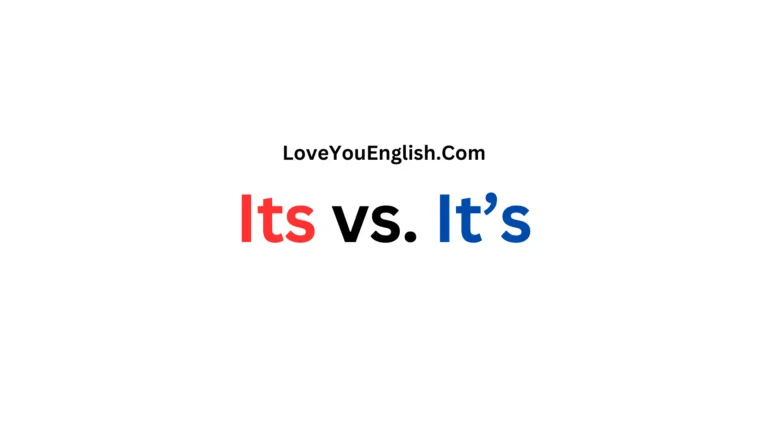
When you’re writing in English, you might come across many confusing grammar rules and tricky words. One of the most common confusions is the difference between “its” and “it’s.” These two words might look similar,…